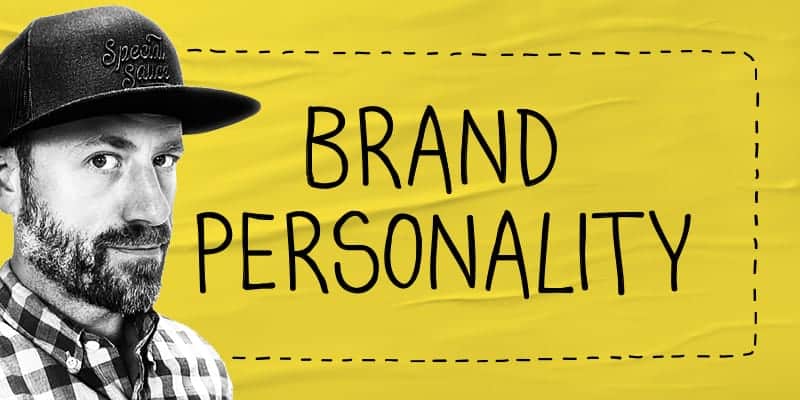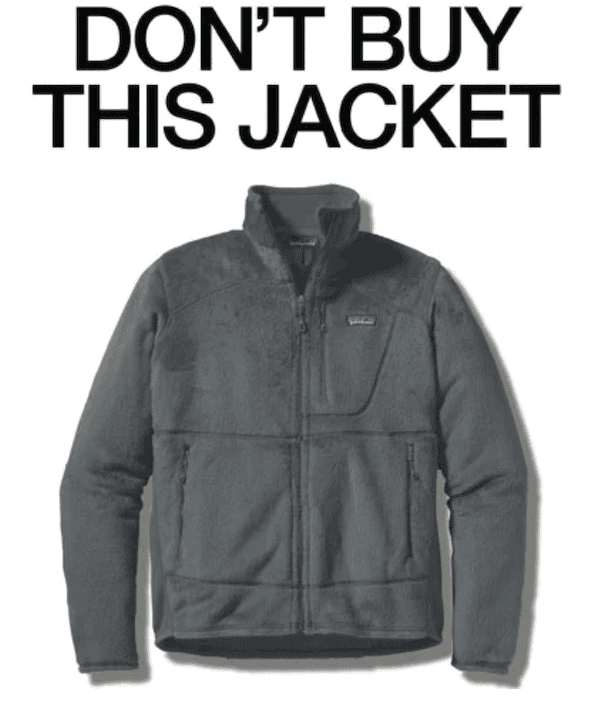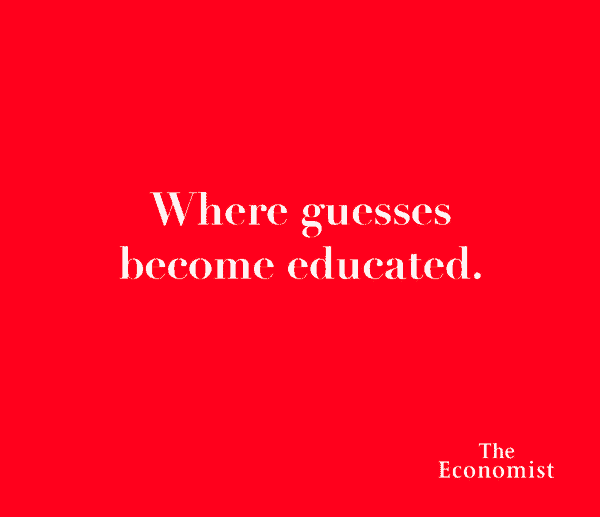
“That dude is hilarious. You’ve gotta hang out with him.”
“She’s so caring. I feel like I can talk to her for hours.”
“She’s a ball of energy. I just love being around her.”
We choose to spend time with people because of their personalities. The same is true with many of the brands in our life. Although we purchase things to solve a problem, we often choose one brand over another because of their personality.
Whether you realize it or not, your customers associate a personality with your company. This is a powerful tool at your disposal if you harness it properly. I’m going to walk you through exactly what brand personality is, some relevant examples of brilliant execution, and how to find your own brand personality.
What Is Brand Personality
Defining brand personality starts with the definition of the word personality by itself.
personality
noun
The combination of characteristics or qualities that form an individual’s distinctive character.
Now swap out “company’s” for “individual’s” to define brand personality.
brand personality
noun
The combination of characteristics or qualities that form a company’s distinctive character.
That’s the stuff. This is no Meyers & Briggs’ 16 Personality Types kind of personality test. Let’s keep it simple. We need one or two overarching themes to guide an organization. If you make the brand personality process anything more complicated nobody pays attention and it doesn’t get executed.
Find your different and lean into it. That’s your brand personality.
Most companies run like hell from anything distinctive or unique. That’s why this is a powerful concept to learn and put to use. It’s likely that your competitors all sound and look the same. This happens across all industries…
Design firms look and sound like other design firms.
Shampoo brands look and sound like other Shampoo brands.
Banks look and sound like other banks.
Everyone follows the leader. That’s good for you. If everyone else is the same, it leaves the door open for you to be different.
Let’s look at some examples that display just how effective this can be if you put it to work.
Brilliant Brand Personality Examples
Dollar Shave Club
I’m guessing you’re one of the roughly 30 million people who have seen their launch ad. Go watch it again. The ad is funny, but Dollar Shave Club is far more than funny. The entire brand was built on personality and positioning. They’ve sold and gone soft since, but there’s a lot to learn from their launch strategy.
They found a hole in the armor of Gillette and the other players in the shaving industry. The big boys were all working to raise prices with sophisticated shaving technology. Dollar Shave Club came in with a witty personality and offered a simple product that solved a problem. One of those variables wouldn’t have been enough to lead Dollar Shave Club to unicorn status, they needed both the right positioning and killer personality.
Lesson: Positioning and personality are a powerful combination.
Patagonia

Eco-friendly and honest. That’s how I’d describe Patagonia if an alien landed on earth and asked me about the jacket I was wearing. Patagonia is different. They’ve done everything from tell people not to purchase their products to sewing statements in their clothing that said, “vote the assholes out” to voice their anger with the environmental policies of the Trump administration. These weren’t promotional stunts, they were vocalizations of their personality.
Yvon Chouinard (founder of Patagonia) shaped that personality over decades and it has translated into an $800 million dollar company. A lot of people hate Patagonia, but a lot of other folks wouldn’t wear anything else.
Lesson: Be unapologetically you and stand for something. The right customers will reward you with loyalty.
The Economist

A publication with no authors. Now that’s a brand with one clear personality. I think The Economist’s ads by the great David Abbott are one of the best brand campaigns of the last century. They’re iconic. The tone, color, and layout are immediately recognizable. The ads are beautifully clever bastions of the brand.
Now go read The Economist’s about page. The Economist refers to itself as “the extreme centre” and they use that as an anchor for their personality. Whatever your political views, their about page is a wonderful example of presenting your personality for everyone to understand (most importantly the people in your company).
Lesson: Build a personality for the brand that everyone within the company understands and represents as one. That’s how you create something that lasts from 1843 – 2021.
How To Find Your Brand Personality
I mentioned above how competitors in the same industry tend to look and sound the same. I hope that’s the case with your competition because it means you’ve got a killer opportunity sitting at your feet. All you have to do is step out of line and be the intentional outcast.
Think like Dollar Shave Club. Find the spot where you can win with positioning and personality. Just be warned, this will most likely be scary as hell. Creating a category of one means you’re heading into uncharted territory.
The reason everyone follows the leader is that it feels like there’s safety in numbers. If everyone else is doing it that way, it must be right. They’re wrong. That’s a sure path to mediocrity.
Own your different. Define the one or two strong characteristics that you want to form your company’s distinctive character. Your brand personality won’t magically pop up overnight, but defining the personality you want is the first step. Now it’s up to you and your team to cast consistent votes and make that personality a reality.
Working to build a brand? Grab The Recipe and I’ll send you my best branding and marketing tips every Friday.